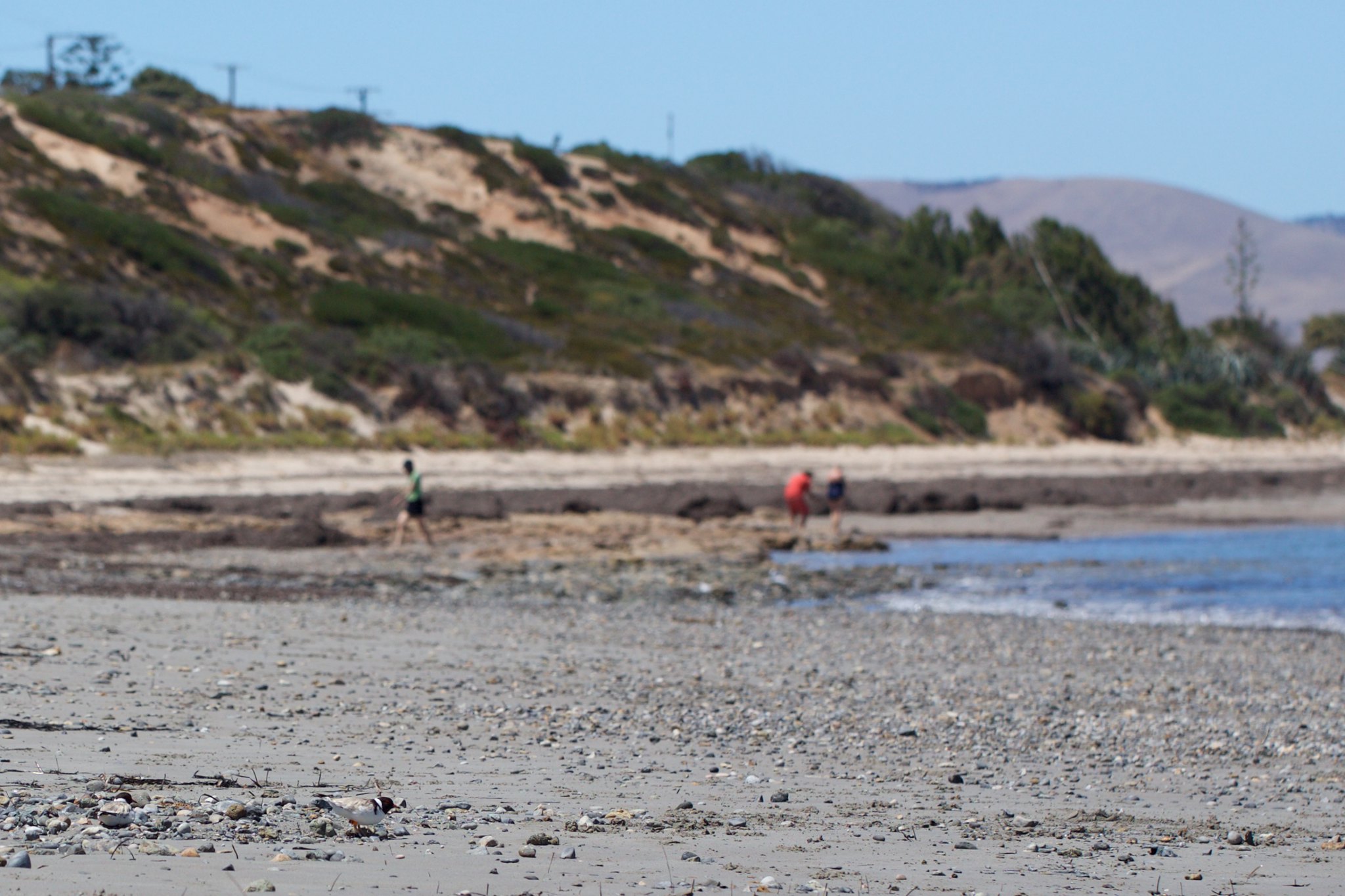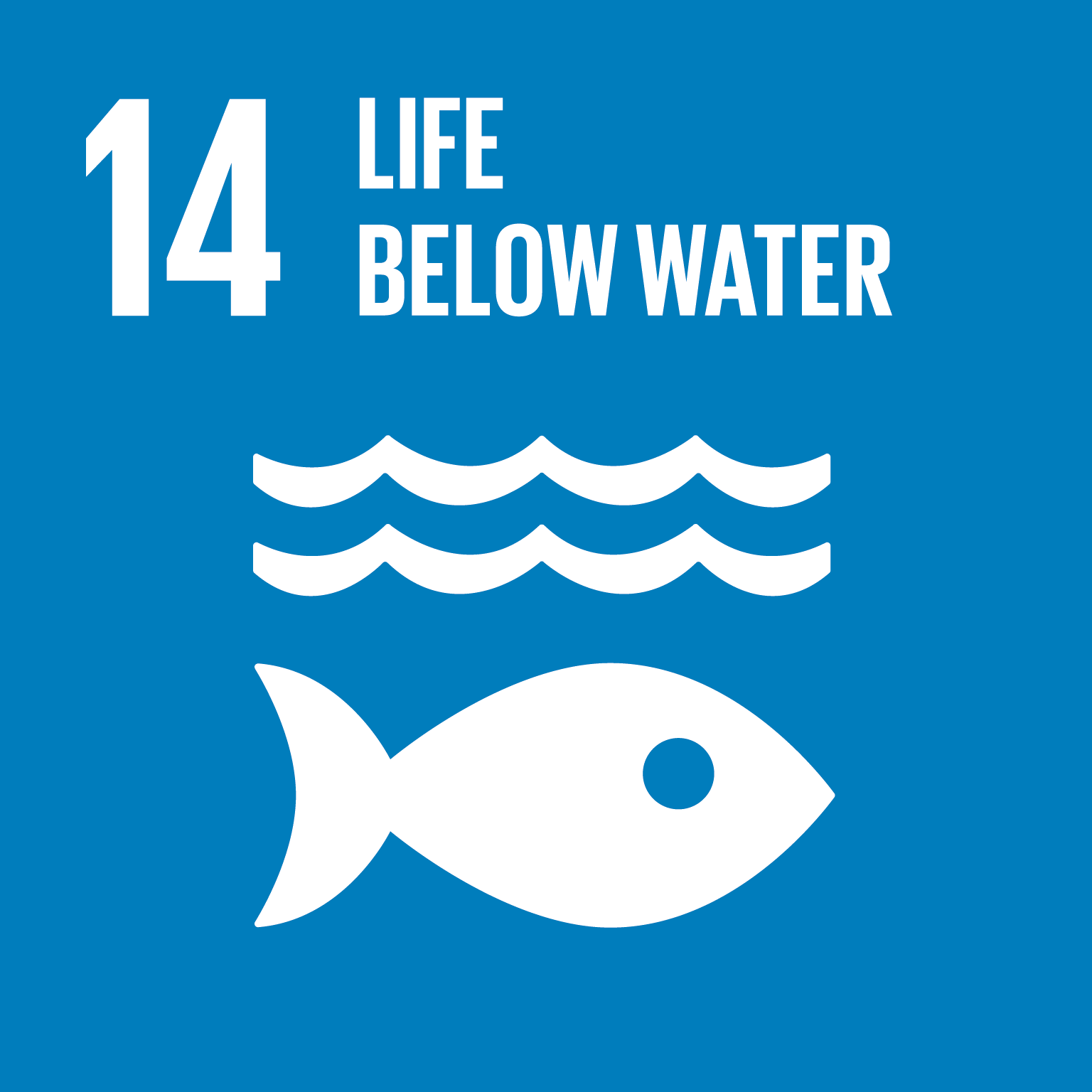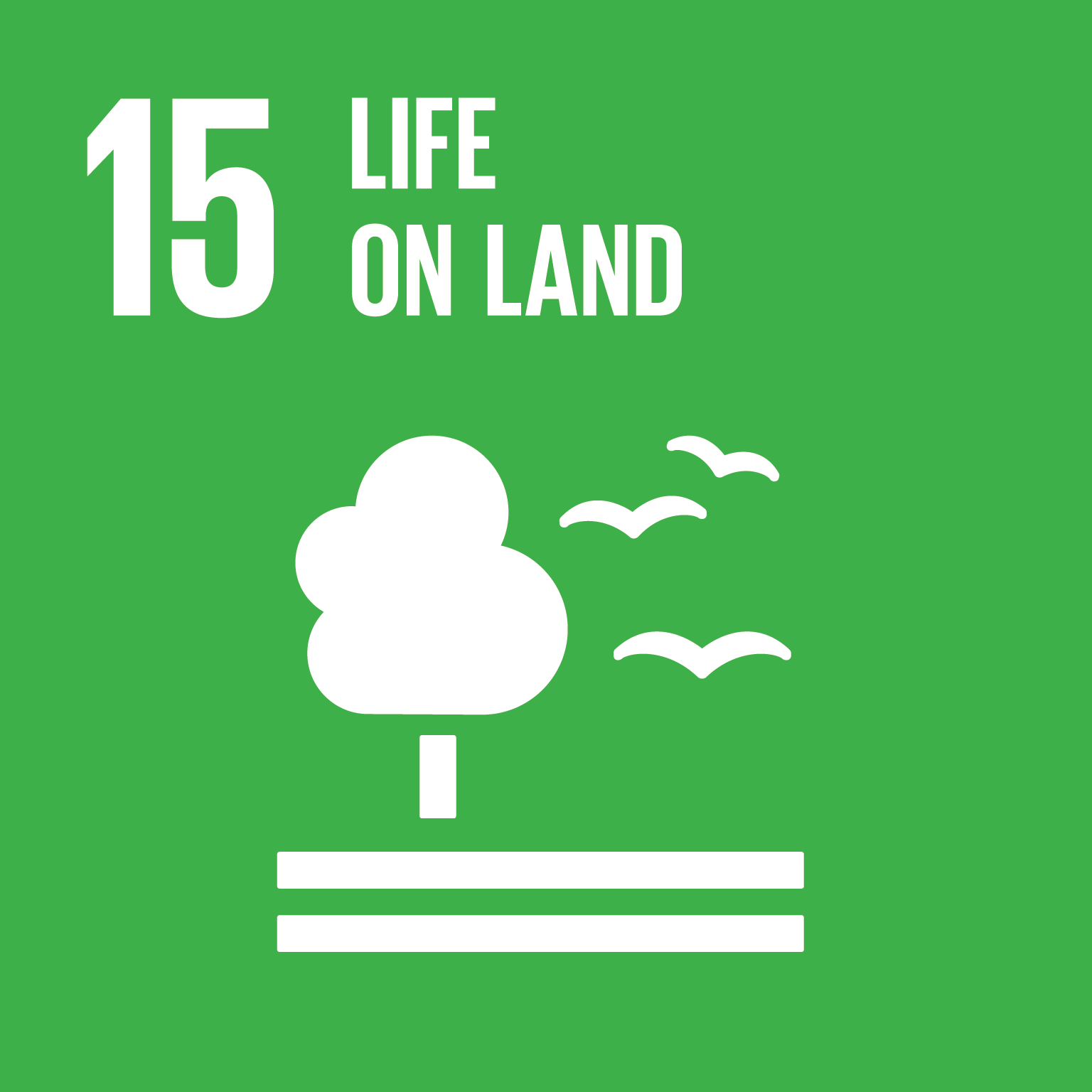Phillip Island Nature Parks (PINP) are currently pursuing a number of interventions and awareness campaigns aimed at reducing conflicts and harmful interactions between off-leash dogs and local wildlife on PINP-managed beaches.
Reducing harm and disturbance to Hooded Plovers (Thinornis rubricollis) during breeding season has been a focus of these efforts, which has included volunteer observation and discussion with beachgoers to keep dogs on leads where required.
The People, Nature, Place Research Program (PNP) in the Centre for Urban Research are assisting with research that helps to gain a better understanding of the effectiveness of these interventions over time. This research is part of a wider-reaching, longer term examination of the extent to which the community (local and visitor) understands the protection measures for local wildlife on beaches, and how greater care, respect and responsibility for local wildlife could be fostered amongst beachgoers, residents and visitors to Phillip Island.
Project timeline: 2020 - 2021
Key contributors:
Image credit: Charadriidae - Hooded Plover by Julie Burgher

This project addresses the following Sustainable Development Goals and Targets:
14.2 By 2020, sustainably manage and protect marine and coastal ecosystems to avoid significant adverse impacts, including by strengthening their resilience, and take action for their restoration in order to achieve healthy and productive oceans.
15.1 By 2020, ensure the conservation, restoration and sustainable use of terrestrial and inland freshwater ecosystems and their services, in particular forests, wetlands, mountains and drylands, in line with obligations under international agreements.

Get in touch
For more information or to discuss partnership and collaboration opportunities, email us at SDGs@rmit.edu.au.
For more information about RMIT’s sustainability commitments and activities visit www.rmit.edu.au/sustainability




